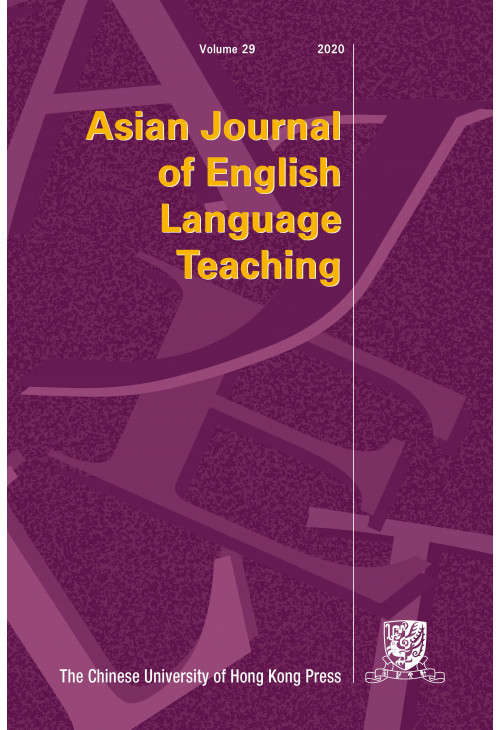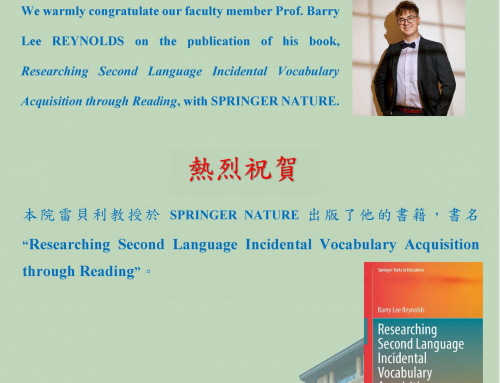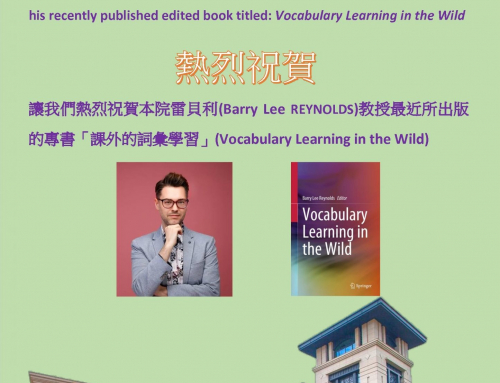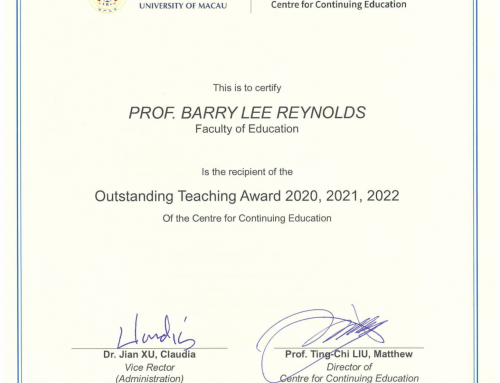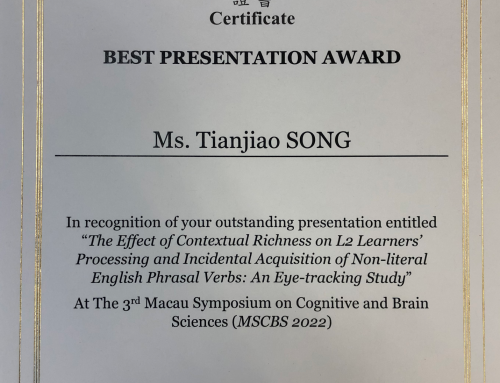Incidental Vocabulary Learning in Practice
Guest Editors
Dr. Mark Feng Teng
Dr. Barry Lee Reynolds
A robust vocabulary improves all areas of communication — listening, speaking, reading, and writing (Nation & Gu, 2007; Webb & Nation, 2017). However, learning English vocabulary as a foreign (EFL) or second language (L2) learner is not easy. Expanding vocabulary requires continual input. Vocabulary can be learned not only through deliberate, focused study but also indirectly through listening and reading, using context clues to determine meaning. Previous research has revealed, however, that incidental learning is possible only when the number of unknown words is low (Teng, 2019a; Webb & Chang, 2015). Learners must already have a significant vocabulary size to infer meaning of new words from contextual clues (Teng, 2019b), which means learners with small vocabularies have a clear disadvantage in incidental vocabulary learning. In addition, EFL learners have limited opportunities to learn English by practicing communication in natural, English-speaking environments. Limited language processing due to limited language input may prevent learners from constructing form-meaning links for many important but difficult words (Hulstijn, 2001). Therefore, discerning practical and effective ways to enhance students’ incidental vocabulary learning is essential. Indeed, in recent years, several innovative approaches have been utilized to boost learners’ incidental vocabulary learning, such as captioned videos (Montero Perez, Peters, & Desmet, 2018; Teng, 2018a), viewing L2 television (Peters & Webb, 2018), and online reading (Teng, 2018b). Despite these efforts, however, incidental vocabulary learning remains challenging. Teaching vocabulary is problematic because many teachers are unaware of the best practices and may not know how to enhance word learning (Schmitt, 2010). Many factors must be considered when developing or choosing effective vocabulary instruction. For example, teaching vocabulary to young learners is significantly different from teaching adult learners. The availability of suitable language exposure and input is another consideration. In addition, students’ success at incidental vocabulary learning is dependent on word- and learner-related variables, including vocabulary knowledge, proficiency level, frequency of word occurrence, use and knowledge of incidental vocabulary learning strategies, and even language aptitude.
Given the international research interest in vocabulary learning, this special issue explores incidental vocabulary learning in practice. This special issue aims to help researchers and classroom practitioners understand the available research on enhancing EFL/L2 learners’ incidental vocabulary learning. While much has been written about vocabulary instruction, the published literature has not sufficiently addressed the challenging issues related to incidental vocabulary enhancing approaches for EFL/L2 learners. Given this oversight, it is time to discuss ways to support ELT practitioners in bridging the gap to achieve better vocabulary outcomes. In addition, given that incidental vocabulary learning requires continual exercise to strengthen learners’ innovative thinking, cognitive processes, and ability to infer meaning from context, it is necessary to find ways to disseminate good practice and, perhaps most importantly, to integrate innovative approaches across curriculums, institutions, and contexts to broadly influence incidental vocabulary development. These concerns have prompted this special issue, which aims to introduce the methodological shifts in research to fully explore and understand incidental vocabulary learning and to inform effective, enjoyable, and sustainable vocabulary instruction. For these reasons, this special issue welcomes submissions that examine issues related to incidental vocabulary learning in various contexts. Potential topics include but are not limited to:
- Incidental vocabulary learning from captioned videos
- Tasks and incidental vocabulary learning
- Curriculum development for incidental vocabulary learning
- Effective approaches for incidental vocabulary enhancement
- Assessment of incidental vocabulary learning
- Mobile-based incidental vocabulary learning
- Technology and incidental vocabulary learning
- Motivation in incidental vocabulary learning
- Incidental vocabulary learning from reading, listening, or reading while listening
- Individual differences and incidental vocabulary learning
- Target word variables and incidental vocabulary learning
Proposed Timeline
| Abstract/Proposal Due | May 1, 2021 |
| Invitations for Full Paper Submissions Sent to Authors | May 31, 2021 |
| All Full Papers Due; First Round of Reviews Start | December 31, 2021 |
| First Round of Reviews Due; Results of First Round of Reviews Sent to Authors with Invitations to Revise | February 28, 2022 |
| Revised Manuscripts Due; Second Round of Reviews Starts | May 31, 2022 |
| Results of Second Round of Reviews Sent to Authors with Invitations to Revise | July 31, 2022 |
| Final Manuscripts Due; Production Begins | September 30, 2022 |
Submission Procedure
Researchers and practitioners were invited to submit on or before May 1, 2021, an abstract of about 300 words clearly explaining the mission and concerns of his or her proposed paper. Authors will be notified by May 31, 2021 about the status of their proposals. Full papers are expected to be submitted by December 31, 2021. All submitted papers will be reviewed on a double-blind review basis. Authors may be required to revise papers more than once prior to acceptance and decisions for acceptance will be rendered based on reviewers’ comments and feedback. For any submission or enquiries, please send email to Mark Feng Teng (markteng@life.hkbu.edu.hk) and Barry Lee Reynolds (BarryReynolds@um.edu.mo).

